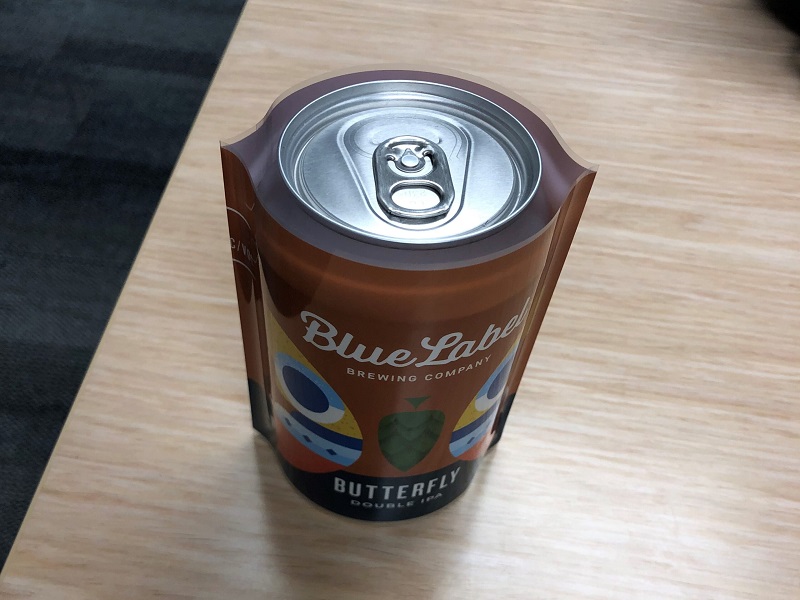Flexible labels, also known as shrink sleeves, enable creative and revolutionary packaging of bottles, perfumes, cosmetics, pharmaceuticals, and many other products. Since the 70ŌĆÖs, this printing substrate has dramatically changed the way packaging is done. This is not only about the aesthetic taste of shrink sleeves, but also about their ability to protect and promote products.
Varieties of shrink sleeves:
The data used in heat shrinkable sleeve is mainly various thermoplastic films. Began to focus on PVC heat shrinkable film. With people's attention to environmental protection and the pursuit of better shrinkage effect, various PET, OPS and other multi-layer co-extrusion heat shrinkable films have developed rapidly and become the mainstream of the market.
PVC shrink sleeves:
It is one of the most widely used shrinkage materials. The printing color is bright, the transparency is good, the price is low, it is easy to shrink, and the requirements for the shrinkage environment are not strict. PVC shrink sleeve is often used for shrinkage of conventional bottle shapes, but also suitable for shrinkage of carton types. However, PVC shrink film is difficult to recycle, burning gas, is not conducive to environmental protection, and has been banned in Europe and Japan.

PET shrink sleeves:
PET film shrinkage can reach 70%-80%, is good for all types of bottles, cups, trays and containers use. Especially suitable for complicate-shape bottles, such as Bottles with small mouth diameter and large body diameter. It is good printing quality, and good shrinkage. PET shrink sleeves have become a substitute for PVC shrink film in developed countries because it is easy to recycle, non-toxic, tasteless, good mechanical properties, especially in line with environmental protection.

OPS shrink sleeves:
High strength, high rigidity, stable shape, good gloss and transparency. It has extremely high printing resolution and high shrinkage, which can meet the use of novel packaging containers. Not only can it be recycled, even the printed logo can be incinerated into energy, because it is non-toxic so it does not produce any harmful gases, so it will not produce any pollution.